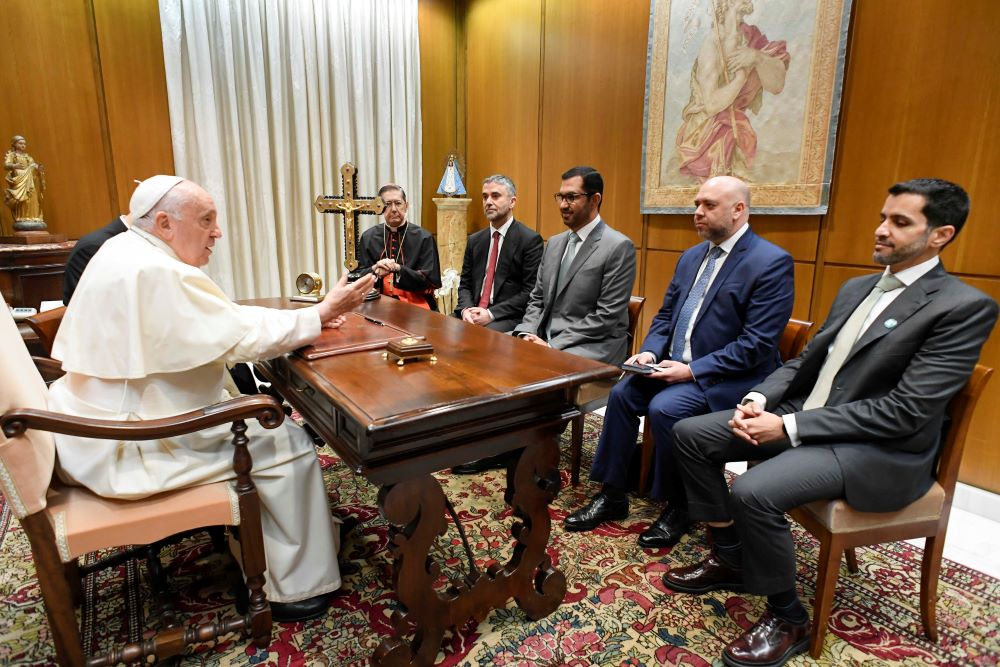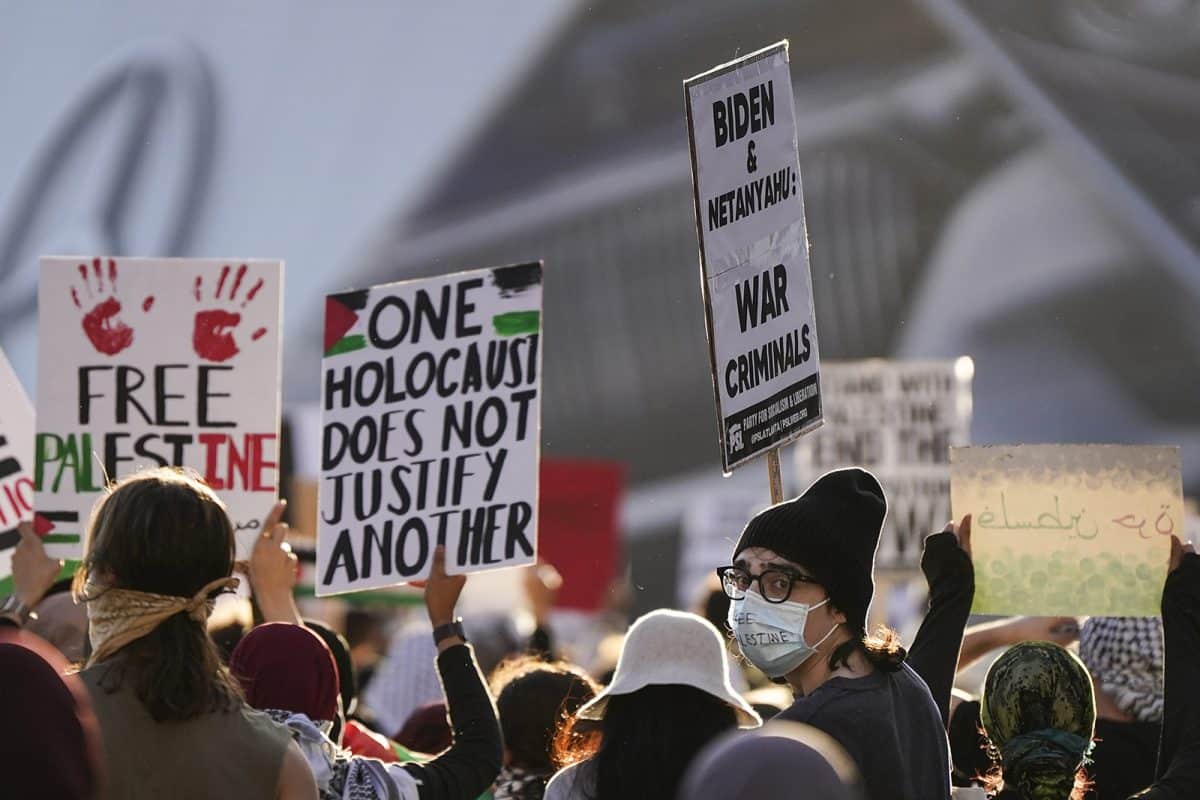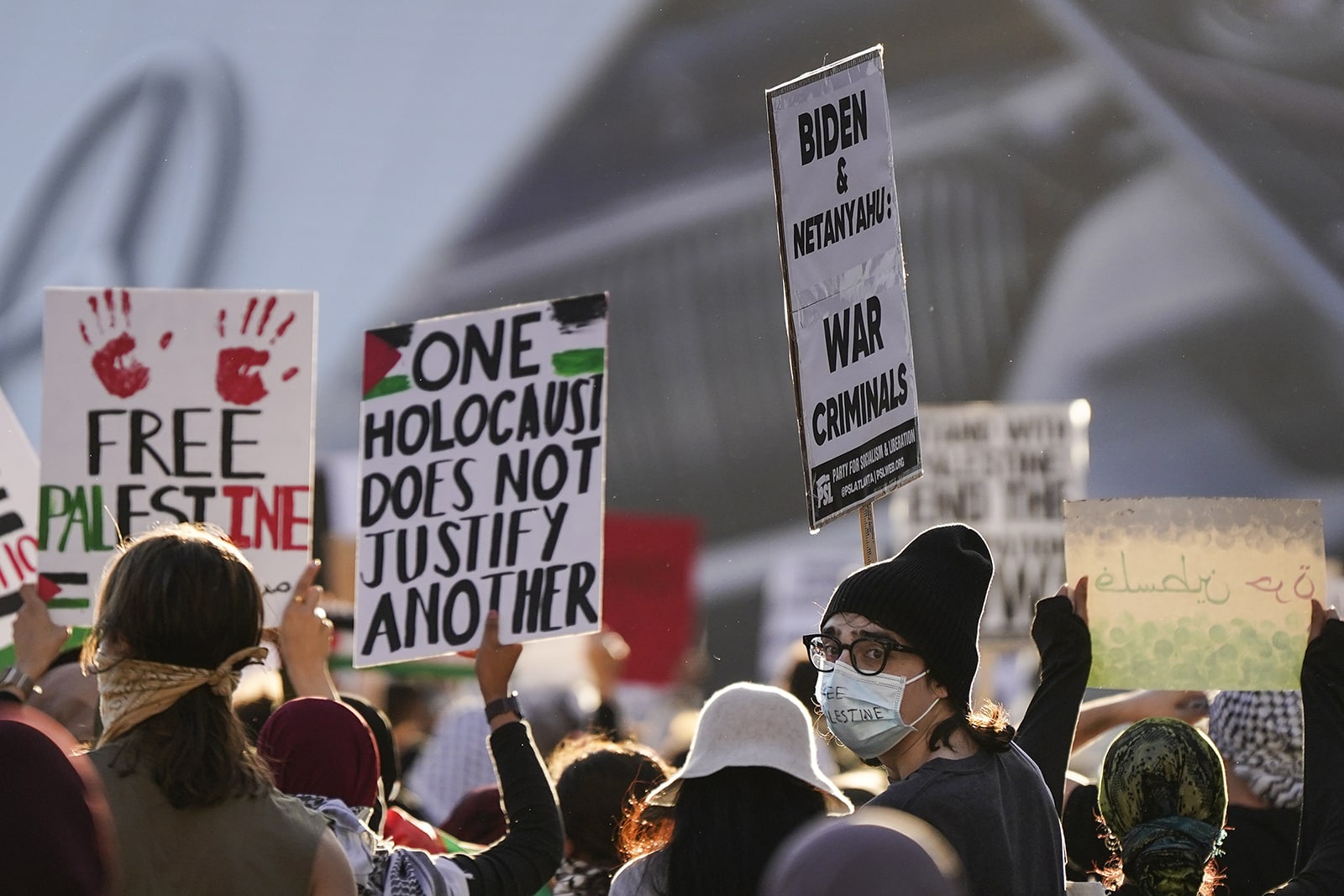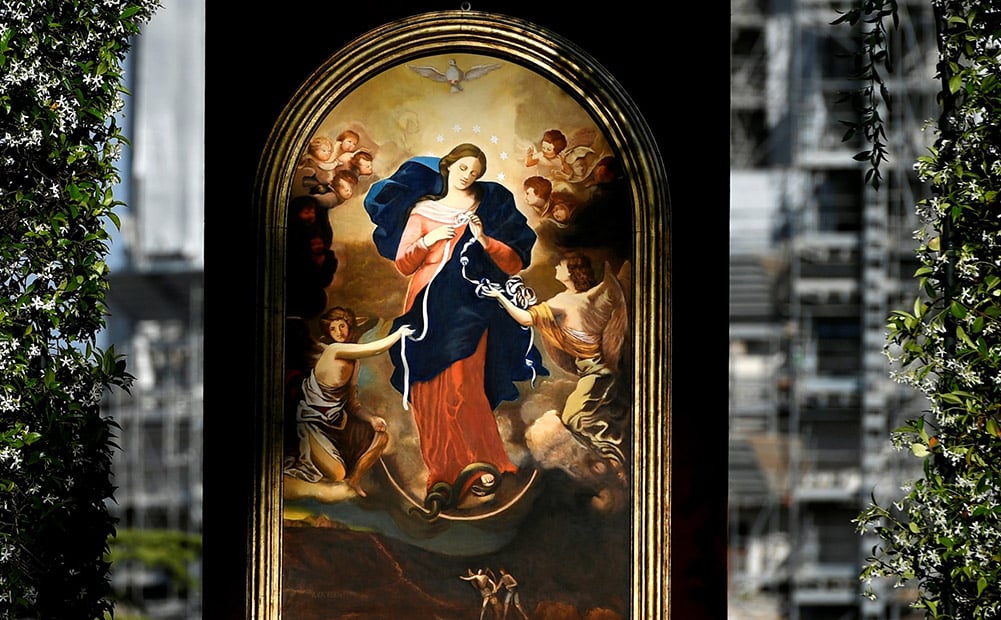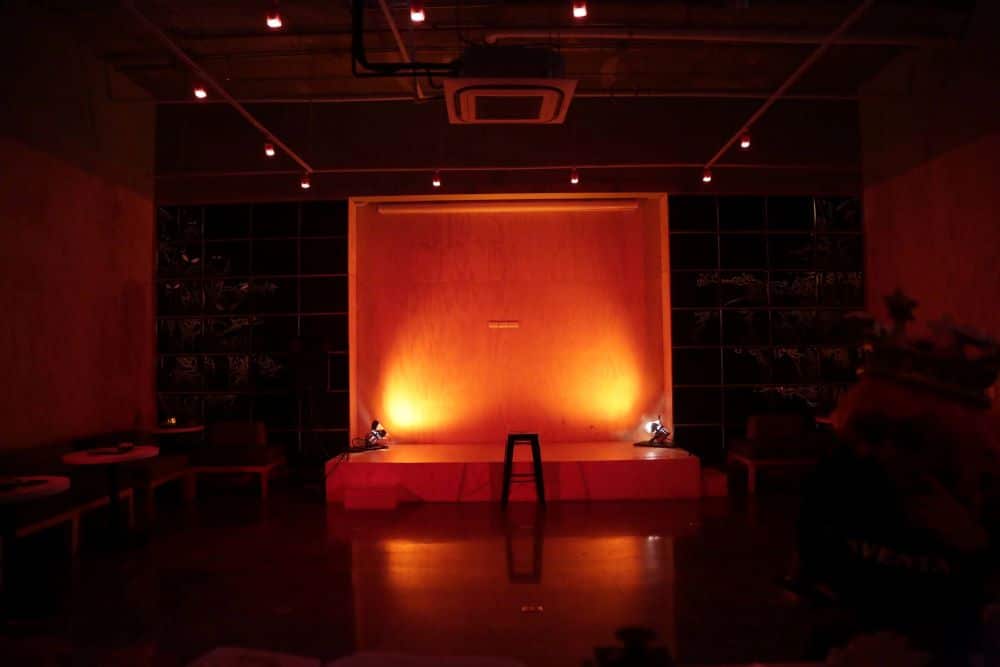
For as long as I can remember, I have been curious. I want to see and experience new things, learn about people and the world around me, ask deep questions. And especially as I get older, life feels too short to keep doing the same things.
So this past January, I started taking improv classes. I met people from all backgrounds and walks of life who came to the class with vastly different mindsets, belief systems, identities and life experience. We learned how to work together, namely through the principle of « yes, and, » a foundational piece in improvisational comedy suggesting an improviser should accept what another improviser has stated (« yes ») and then add to or expand on that line of thinking (« and »). This creates and builds a supportive, creative environment for all the improvisers to add and contribute to a developing scene.
I sang my heart out in musical improv and learned about the power of making bold choices, trusting my intuition and bringing my life experience with me into my scenes and characters. I learned how to step forward in confidence, feeling like I did not have to wait for others. I felt great joy in having friends and family (including my best priest friend) come and cheer me on when we put on a class show.
While I couldn’t believe how much fun I had, I also did not expect to find countless insights for my personal, professional and spiritual life. This fun way of being creative and playful has taught me some important lessons — lessons that I think could resonate with all of us, even if you never take the stage or see your name in lights.
Lesson 1: Stop writing the script and just improvise.
On the day of my first class show, one of my best friends was unable to attend. Instead, he had flowers delivered to my apartment with a note saying, « Who needs a script when you’ve got improv? Just do more improv. Break a leg tonight. »
One of the most meaningful things these classes have taught me is to be open and receptive. You can’t control a scene, where it goes or your scene partner(s). The illusion of being in control in one’s life is something that humans have wrestled with for generations. So much of our experience is outside our control. We can’t control people, places or things — and we most certainly cannot control God.
Too often, we treat God like a divine vending machine. We make our requests or demands and expect God to deliver us our desires as though they were a bag of Doritos or a can of Diet Coke.
I have spent a lot of time trying to control myself, others around me and especially God. But when we are too focused on being in control at all times, we miss the sacred present moment or experience in front of us. We become blinded by the need to know what will happen, which leads to resentment, bitterness, and a lack of trust and surrender.
I am learning through this art form that the moment I cling to control is the moment I step out of trusting an unknown, unseen future to a God who loves me and has good for me. Maybe each of us needs to let go of certain scripts in our lives and do more improv.
Lesson 2: Shut down the inner voice that says, « Keep quiet! »
In my third class, my teacher, Molly, brought tears to my eyes when she said, « Patty, shut down the inner voice that says ‘be quiet.’ »
I felt so seen. As a woman, I have been made to feel too loud, or that I am too much for other people. Women tend to stifle themselves, whether for a partner, a career or even the church community. It is thought to be better to be quiet and not loud. Do not make people uncomfortable with your thoughts, ideas, or — God-forbid — your feelings or emotions. And never, ever rock the boat.
Male or female, is it hard for you to let your voice out in your own world? Have people tried to stifle you? « No, don’t say that. We don’t talk about those things. Sit down; be quiet! » Messages like these say you don’t matter. But the Kingdom of God is better and richer for the wide array of voices, perspectives and insights.
What if, instead, you and I embrace our unique voice and perspective? What if we stop making ourselves small and step forward with the full, radiant force of our unique light in this world? Me, you, all of us — exactly as God created us.
Lesson 3: Be prepared to find God anywhere.
Ignatian spirituality teaches that we can find and experience God anywhere and through anything: nature, people, experiences, a letter or poem, a heartfelt conversation, beautiful art, a look of tender love in your partner’s eyes. The list is endless.
God is so much more expansive than any of us could imagine. Trying to fit God into a box is trying to make God in our image and likeness; we stop reflecting on the vastness of the mercy, compassion, tender love and acceptance of the divine.
God is not confined to a physical church building. I encountered the face of God in my fellow improv students with very different backgrounds and perspectives. I felt God in the laughter and joy of being silly and playful on stage and in class. I saw God on stage with the lights on my face, over beers at an Irish pub and in meaningful conversations during classes.
Let’s stop putting God in boxes and instead be on the lookout for the many ways we can find the Divine in our daily lives and experiences.
Lesson 4: Relearn the art of play
The true gift of improv is learning how to play again. Some of the basic principles of this style of comedy come down to learning how to play as an adult, reclaiming a bit of that open and free spirit we had as kids. Little children naturally know how to play; there is an ease and uncensored nature about them. Improv helps us turn off our internal editor and dial down the self-judgment that seems to come with adulthood.
Every time you practice being unafraid — making a bold character choice, leading a scene with a strong statement — the adult you is learning how to play again: be imaginative, be creative and experience new pieces of yourself you may have lost over the years.
The gift of improv classes has been a sweet surprise, one I hadn’t expected. And while you might not find yourself onstage anytime soon doing character work with a scene partner, maybe you can find yourself and God in new ways through the creative passions in your own life.
Stop trying to write the script yourself and show up with openness to the life you’re living.
